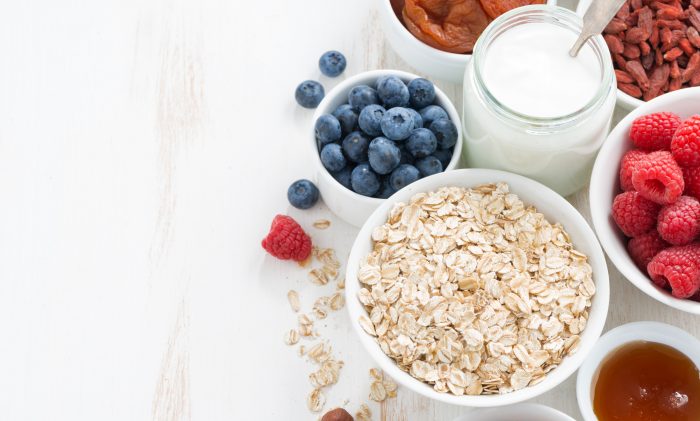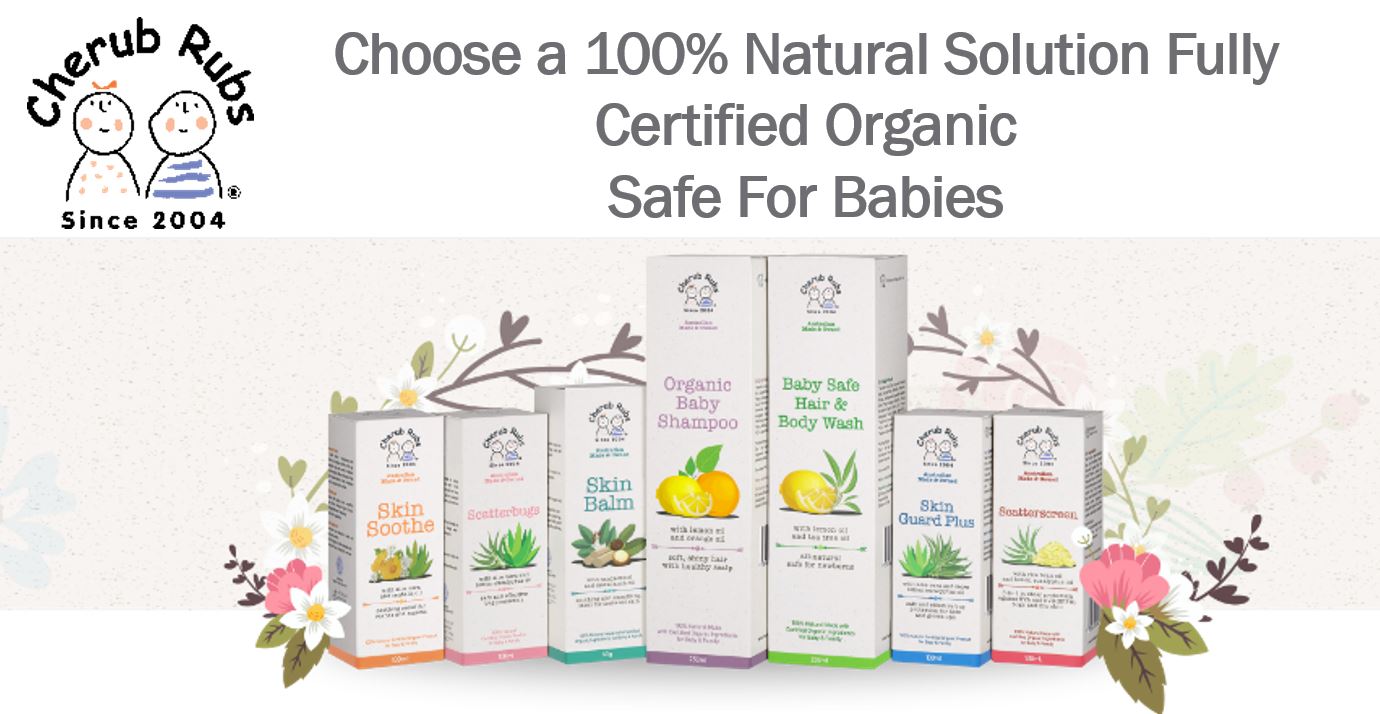
Go With Your Gut!
June 20, 2016
The gut is called the “second brain” for a good reason: A big part of our emotions are probably influenced by the nerves in our gut. Can’t get out of your emotional funk? Upping your intake of probiotics might be the answer.
Probiotics are live, friendly bacteria that are naturally present in the intestinal tract. They play an important role in maintaining our digestive, and overall health. There are a number of factors that could lead to diminished levels of such bacteria in our gut – antibiotics, stress, and excess sugar consumption can kill them off, leading to food allergies, skin problems, infections, and even mood disorders.
The “second brain” that we know is technically called the enteric nervous system. It consists of sheaths of neurons embedded in the walls of the long tube of our gut, which measures about nine metres end to end from the oesophagus to the anus.
Says Emeran Mayer, professor of physiology, psychiatry and biobehavioral sciences at the David Geffen School of Medicine at the University of California, Los Angeles, “A big part of our emotions are probably influenced by the nerves in our gut.” Gastrointestinal turmoil can sour our moods; a physiological stress response in our gut also sends messages to the brain, and that in turn impacts on our emotional well-being.
Gut To Know
It is therefore important to keep our gut healthy and in proper balance. When your gut is unhealthy, you may experience one or more of these symptoms:
- Digestive issues such as gas, bloating, constipation or diarrhoea
- Food allergies or sensitivities
- Anxiety or depression
- Mood swings; irritability
- Frequent infections, such as candida, which can lead to thrush
- Skin problems like eczema or rosacea
- Poor memory or an inability to focus
Consuming foods or drinks rich in probiotics is one way to restore beneficial bacteria in your gut.

Make your own yoghurt
A popular way to introduce good gut bacteria into our system is by eating probiotic-rich foods like yoghurt. You can save yourself lots of money and cut your sugar intake by making your own yoghurt at home.
You will need:
- 1.8 litre of milk (whole milk is best although skim milk can also be used)
- ½ cup of commercial yoghurt containing active cultures (make sure it’s sugar- and flavour-free)
Steps:
- Heat the milk. Pour the milk into a pot and set over medium to medium-high heat. Warm the milk to right below boiling point, about 93°C. Stir the milk gently as it heats to make sure the bottom doesn’t scorch and the milk doesn’t boil over. This heating step is necessary to change the protein structure in the milk so it sets as a solid instead of separating.
- Cool the milk. Let the milk cool until it is just warm to the touch, about 44°C to 46°C. Stir occasionally to prevent a skin from forming.
- Thin the yoghurt with milk. Scoop out about a cup of warm milk with a measuring cup and add the yoghurt. Whisk until smooth and the yoghurt is dissolved in the milk.
- Whisk the thinned yoghurt into the milk. Pour the thinned yoghurt into the warm milk while whisking gently. This inoculates the milk with the yoghurt culture.
- Transfer the pot to the (turned-off) oven. Cover the pot with the lid and place the whole pot in an oven that’s switched off. Wrap the pot in towels to keep the milk warm as it sets.
- Wait for the yoghurt to set. Let the yoghurt set for at least 4 hours or as long as overnight. The longer the yoghurt sits, the thicker and more tart it becomes. If this is your first time making yoghurt, start checking it after 4 hours and stop when it reaches a flavour and consistency you like. Avoid jostling or stirring the yoghurt until it has fully set.
- Cool the yoghurt. Once the yoghurt has set to your liking, remove it from the oven. If you see any watery whey on the surface of the yoghurt, you can either drain this off or whisk it back into the yoghurt before transferring to containers. Whisking also gives the yoghurt a more consistent creamy texture. Transfer the yoghurt to storage containers, cover, and refrigerate. Homemade yoghurt will keep for about 2 weeks in the refrigerator.
You can use some of each batch to culture your next batch. Just save 1/2 a cup to use for this purpose. If your yoghurt starts to taste off after a while or if it’s not culturing quite as quickly, it means that either some outside bacteria has taken residence in your yoghurt or that this strain is becoming weak. When this happens, just make your next batch using new store-bought yoghurt.
Lactose intolerant? Don’t worry
A supplement like DairyCare can help ease the discomforts associated with being lactose intolerant. A weak gut impacted by lactose intolerance suffers from bloat, nausea, flatulence, cramping, and diarrhoea whenever dairy products such as yoghurt are ingested.
A natural digestive supplement, DairyCare is the only treatment available today that can boost the body’s ability to produce its own lactase enzymes by delivering active lactobacillus acidophilus cultures into the small intestine. Lactase helps the body digest lactose to prevent discomforts like gas, stomach pains, and diarrhoea.
Gut-friendly, fermented foods also comes in the form of natto, kimchi, tempeh, and cottage cheese. Work towards incorporating as much of these foods into your diet as possible so your gut is populated by different strains of bacteria that can help you digest food better.



 Australia
Australia  Brunei
Brunei  Cambodia
Cambodia  Hong Kong
Hong Kong  Indonesia
Indonesia  Laos
Laos  Macau
Macau  Malaysia
Malaysia  New Zealand
New Zealand  Philippines
Philippines  Singapore
Singapore  Thailand
Thailand  Vietnam
Vietnam  Worldwide
Worldwide 
